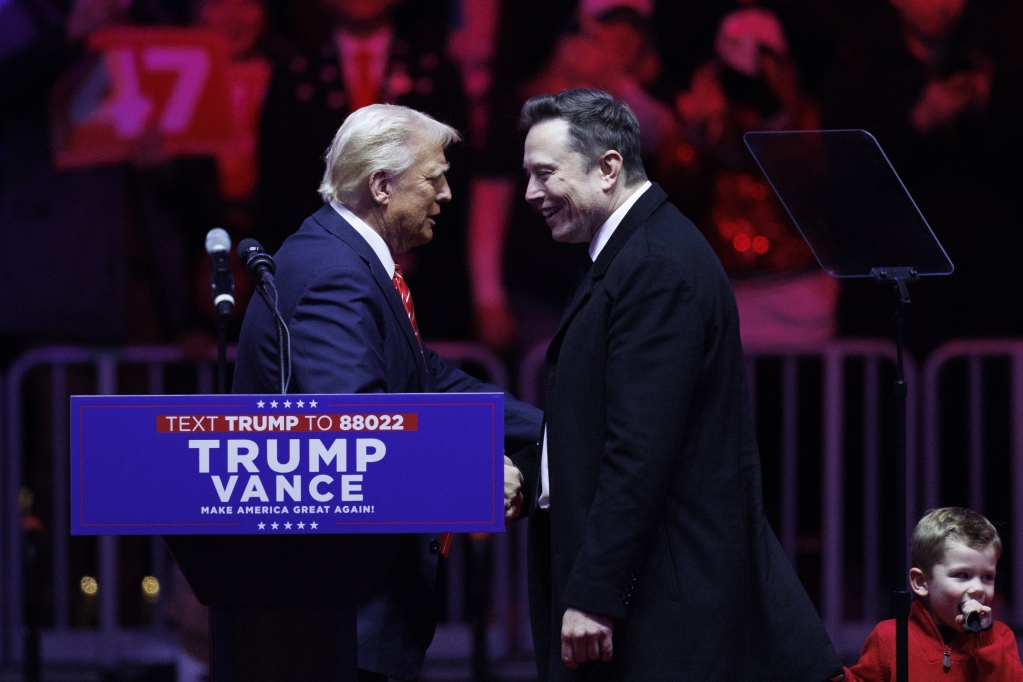President Donald Trump lashed out at “Radical Left Reuters” on Thursday, demanding the news agency return $9 million in federal funding after a Pentagon contract surfaced online. The controversy was amplified by Elon Musk, who claimed Reuters had been paid for “social engineering” as part of a government-backed deception operation.
Trump’s accusations and the Musk connection
Trump’s attack, posted on Truth Social, accused Reuters of taking taxpayer money for a covert operation while calling for an immediate refund. The claim gained traction after Musk reshared a post on X alleging Reuters had received millions for “large-scale social deception.”
The accusation stemmed from a 2018 Department of Defense contract titled “Active Social Engineering Defense (ASED), Large Scale Social Deception (LSD).” The contract was issued during Trump’s first term and was awarded to Thomson Reuters Special Services, a separate entity from Reuters News.
Despite this, the contract’s name fueled speculation that Reuters had been engaged in disinformation campaigns, prompting an outcry from MAGA supporters and the president himself.
What the contract actually covered
A fact-check of government records shows that the Pentagon contract was for cybersecurity research, not media manipulation. The awarded entity, Thomson Reuters Special Services, specializes in fraud detection, risk management, and cybersecurity solutions—areas directly relevant to national security.
The project aimed to develop systems to detect and counteract cyber threats, particularly those related to foreign interference and online deception. Similar contracts have been awarded to other data firms, including LexisNexis and Bloomberg.
Musk and Trump twist the narrative
While Musk implied Reuters was actively involved in government-led deception, Trump’s attack was slightly closer to reality, stating the contract was to “study” disinformation. However, his failure to acknowledge that the funding went to a separate Reuters-affiliated entity, rather than its newsroom, led to widespread misinformation.
Ian Miles Cheong, a pro-MAGA influencer, initially flagged the contract, prompting Musk to call on his followers to investigate how much federal money Reuters had received. The claim quickly spread, escalating into another conspiracy theory involving the media, Big Tech, and government funding.
Reuters responds to Trump’s attack
In response to the allegations, Steve Rubley, CEO of Thomson Reuters Special Services, issued a statement clarifying the contract’s purpose and the firm’s independence from Reuters News.
“Thomson Reuters Special Services (TRSS) is a separate U.S. legal entity that operates independently from Reuters News. Recent public discourse has inaccurately represented the nature of our work with the Department of Defense,” Rubley said.
He added that TRSS has worked with multiple administrations, both Republican and Democratic, for decades, providing services related to fraud prevention, public safety, and justice.
Political motivations behind the outrage

The contract revelation played directly into Trump’s longstanding feud with mainstream media and Musk’s push to cut government contracts for organizations he views as politically opposed to him.
By framing the cybersecurity contract as proof of state-run disinformation, Trump and Musk have fueled a misleading narrative that fits their broader war against media institutions.
Despite the White House and Reuters debunking the claims, Trump’s demand for a $9 million refund—and Musk’s amplification of the controversy—ensures the misinformation will continue to spread within right-wing circles.